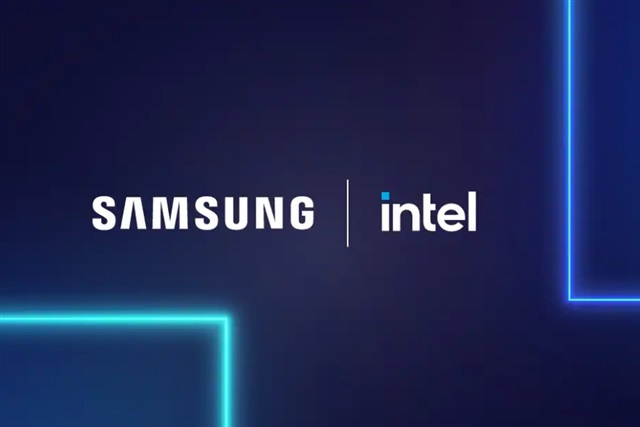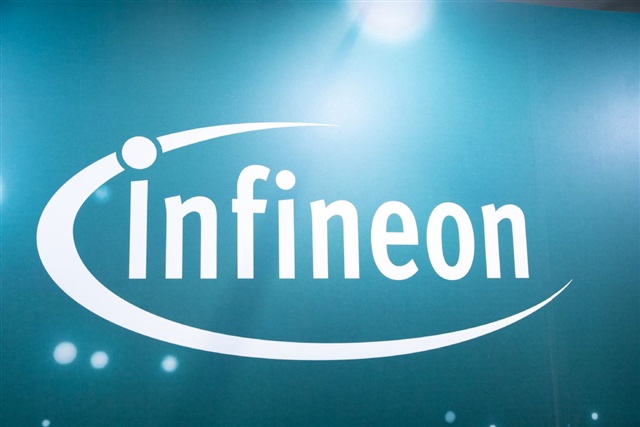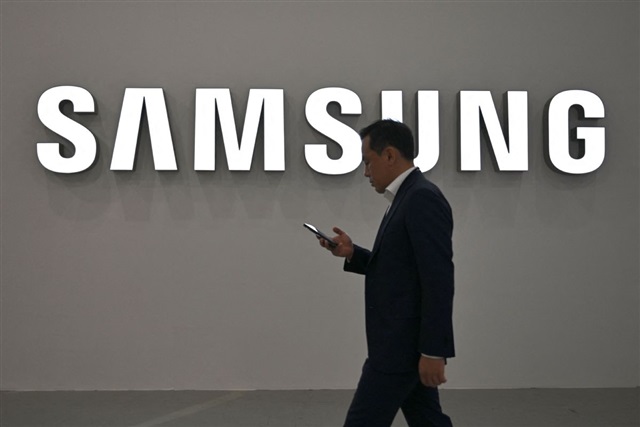President Joe Biden signed an Executive Order on Addressing United States Investments In Certain National Security Technologies And Products In Countries Of Concern that authorizes the Secretary of the Treasury to regulate certain U.S. investments into countries of concern in entities engaged in activities involving sensitive technologies critical to national security in three sectors: semiconductors and microelectronics, quantum information technologies, and artificial intelligence. In an Annex to the E.O., the President identified the People’s Republic of China (PRC), including the Special Administrative Region of Hong Kong and the Special Administrative Region of Macau, as a country of concern.
The Department of the Treasury simultaneously released an Advanced Notice of Proposed Rulemaking (ANPRM), with proposed definitions to elaborate the scope of the program, which will be subject to public notice and comment, before it goes into effect.
Cross-border investment flows have long contributed to U.S. economic vitality. We are committed to taking narrowly targeted actions to protect our national security while maintaining our longstanding commitment to open investment. This program will seek to prevent foreign countries of concern from exploiting U.S. investment in this narrow set of technologies that are critical to support their development of military, intelligence, surveillance, and cyber-enabled capabilities that risk U.S. national security.
The program complements the United States’ existing export control and inbound screening tools with a “small yard, high fence” approach to address the national security threat posed by countries of concern advancing such sensitive technologies. Specifically, it will prohibit certain investments in entities that engage in specific activities related to these technology areas that pose the most acute national security risks, and require notification for other sensitive investments.
President Biden signed this Executive Order following extensive and thorough consultations with hundreds of stakeholders, industry members, and foreign allies and partners. Those engagements will continue as part of the notice-and-comment period to solicit additional public feedback to make any needed adjustments before the rule goes into effect.
Source: EMS Now
Stay up to date with the latest in industry offers by subscribing us. Our newsletter is your key to receiving expert tips.

Samsung is reportedly evaluating a potential European semiconductor expansion alongside its South Korea and US manufacturing base, as the region tightens local production requirements and Germany seek

Given frequent price increases across precious metals, wafer foundry services, and packaging and testing, Infineon's announcement of price increases is very telling for the market. The company wil

Nvidia has recently signaled to Samsung Electronics that it hopes to secure early deliveries of sixth-generation high-bandwidth memory, known as HBM4. At the same time, as memory makers devote an incr